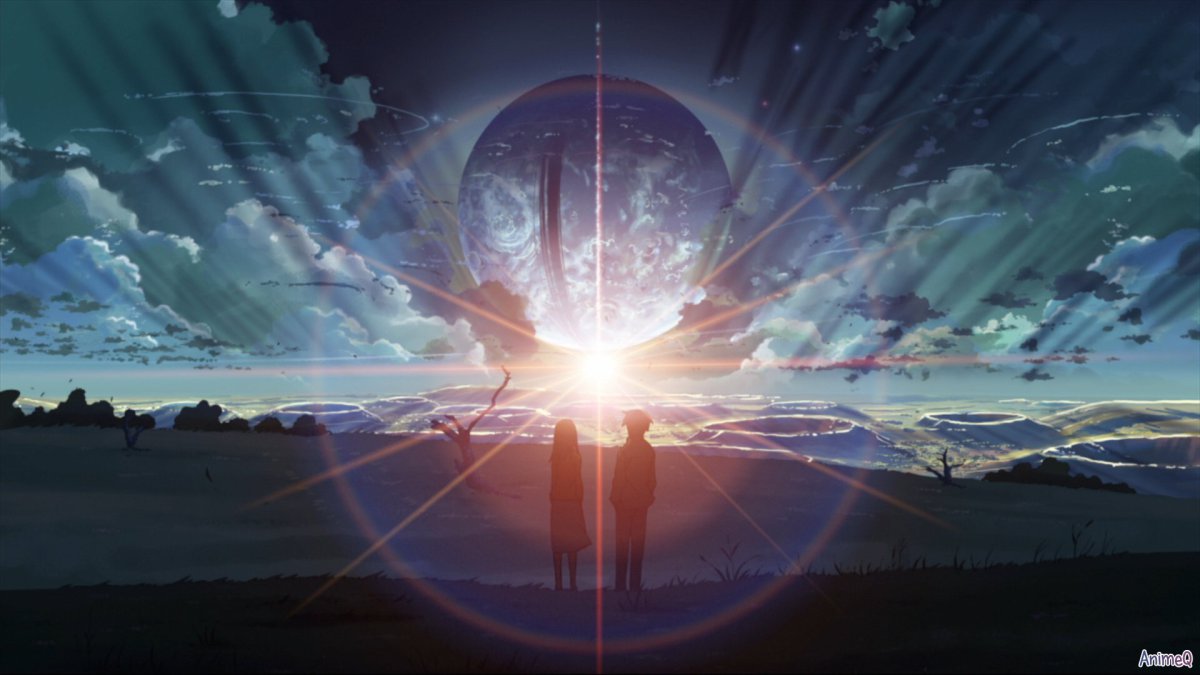On the same day I wrote my last column about an experience I had in Russia 27 years ago, a young Russian couple, born around that time, came up as I took an early evening meditation overlooking the gorge and canyon beyond town.
 That kind of ‘coincidence’ has happened so often in recent years that I hardly blink an eye—though I’m still foolish enough to initially presume it’s a good thing.
That kind of ‘coincidence’ has happened so often in recent years that I hardly blink an eye—though I’m still foolish enough to initially presume it’s a good thing.
The Russian fellow was clearly the leader of the little group, which, besides his female counterpart, consisted of two Hispanic hosts from the local college, and an intelligent Vietnamese man born shortly after the war.
Someone asked what I was doing there, and I replied meditating. I asked people what that meant to them. The Russian fellow had a 360-degree camera and barely stopped moving with it during the half hour in a futile attempt to encompass everyone and everything with the latest technology. He gave a cut-and-dried answer that completely missed the mark.
The day before I’d spoken to a Vedanta swami over the phone, and I was struck by the similarity in their tone. Both took an unmistakably “I know” attitude.
At the core of Vedanta is the view that “primordial, singular consciousness is all that exists, but locked in the cage of flesh, subject to injury and decay and death, it mistakes Itself for a mortal being and suffers countless miseries.”
I take visceral exception to that “cage of flesh” stuff.
Though Vedanta begs more questions than you can shake a stick at, its “true Self” idea provides a comfortable circularity. It gives the impression of having resolved the perennial dilemma of duality and suffering, which in turn gives swamis of all sorts a feeling of certainty and superiority.
Questioning is essential even when has had tremendous insight. Indeed all the more so, to prevent insight from turning into knowledge and strengthening the ego.
Second-rate thinkers operate in terms of knowledge, which is always of the past. Knowledge is the raison d’etre of science, which is based on cumulative data and repeatable experiments. But it’s deadly where the growth of insight in the individual and a revolution in consciousness are concerned.
It isn’t that a genuine religious teacher doesn’t have sufficient insight into an issue when he or she asks a question; it’s that they keep questioning and having insights anew. (Insight, to be insight, is always new.)
This approach allows another facet of the problem and another perspective on the issue to come to light. Insight, unlike knowledge, only grows when it is not codified.
In short, to sustain a freshness of perception, one cannot think at any level, “I know.”
Understanding the essential difference between knowledge and insight, one never stops questioning, never settles on truth. There is no such thing as settled and objective truth; the moment the truth becomes fixed, it ceases being the truth. (That doesn’t mean all worldviews are relative and equal.)
Spiritual insights tend much more strongly than scientific insights to become encrusted into traditions and theologies. That’s why continuous questioning is essential, and why authentic philosophers since Socrates are a pain in the ass.
Self-satisfaction is one of the most unappealing characteristics a person can have. Yet many people think it’s a virtue.
This city in northern California is an excellent place to do contemplative and philosophical work. But because it’s such a physically comfortable and superficially friendly place to live, it attracts and breeds self-satisfaction. Therefore people don’t realize what a small town it actually is.
Of course this trait isn’t confined to laid back California cities. Celebrity eggheads and card-carrying members of America’s elite say hilarious things like, “Are we really going to hand revolutionary power to the state, the intellectuals, the social scientists, the working class or any other class?”
A thinking person, whatever their level of formal education, sees such a statement for what it is—part of the ongoing attack on the working class by the ruling class. After being taken in by Barack Obama’s sophisticated “hope and transformation” con, the people elected a flagrant con man, Donald Trump, to blow up the entire system.
And he’s “keeping his promise” by doing so, even as he’s betraying his base bigly.
True dialogue is not a Hobbesian “gradual, grinding conversation, pitting interest against interest, one group’s imperfections against another’s.” It’s awakening and igniting shared insight through following the thread of passionately shared questions.
A revolution in consciousness is antithetical to the “safer bet…incremental about means but radical about ends.” That’s an absurd contradiction.
Though religious teachers throughout the ages convey essentially the same “perennial teachings,” rummaging through and replicating the past will never ignite a revolution in consciousness.
Besides, although all worlds are enfolded in the present world, this is a truly an unprecedented age, which demands new insights, awakening new human beings.
Martin LeFevre

